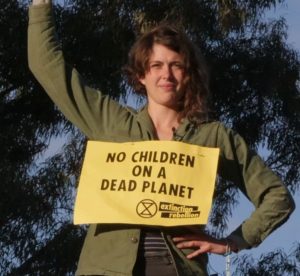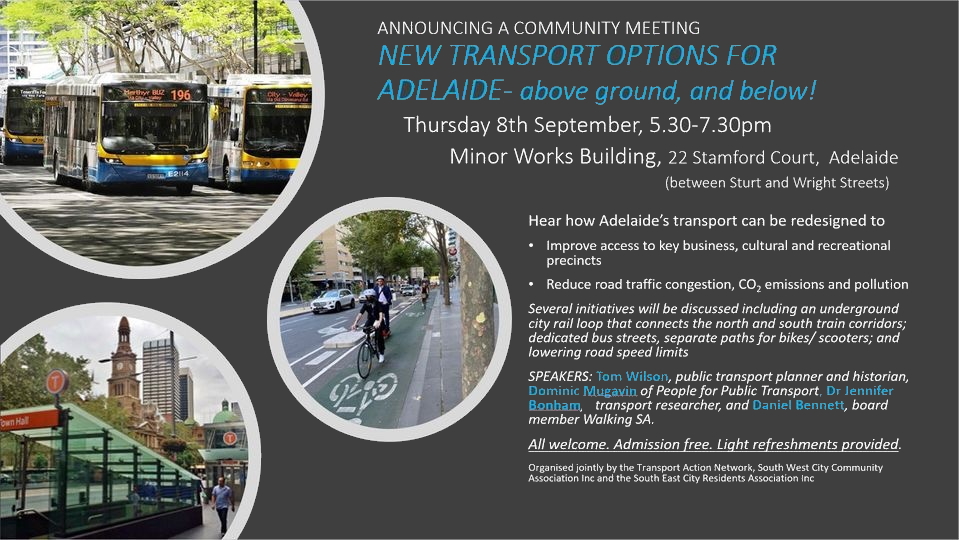These posts are to appear in the fortnightly newsletter
Outrageous anti-protest laws
Clearly the SA government was annoyed by the protests at the APPEA conference: by the Thursday of that week, the lower house had passed legislation dramatically increasing penalties for public protests.
If you are concerned about this threat to democracy, come to the snap protest this Friday, May 26th at 6pm at Parliament House. Event by Adelaide Uni Students for Climate Justice, Adelaide Campaign Against Racism and Fascism and others
Earlier this week, the Human Rights Law Centre released an explainer which revealed many of the problems with the ill-considered legislation
The Bill: Summary Offences (obstruction of Public Places) Amendment 2023 (SA)
On 18 May 2023, the South Australian Legislative Assembly introduced, and passed, the Summary Offences (Obstruction of Public Places) Amendment (The Bill) in response to protest activity in Adelaide which briefly closed traffic. The Bill amends section 58 of the Summary Offences Act 1953 (The Act) to, among other things, dramatically increase the maximum penalty for obstructing a public place. The Bill is currently before the Legislative Council for deliberation.
…Section 2(1)
2(1)
Section 2(1) of the Bill increases the penalty for obstructing a public place from $750 to a maximum of $50,000 or a maximum term of imprisonment of 3 months. This is a 60-fold increase to the maximum financial penalty; the Act does not currently provide imprisonment as a penalty for obstructing a public place. It is intended that these penalties would have a strong deterrent effect to protestors who block public space.
…
Section (3) (1a)
Section (3) (1a) of the Bill makes defendants criminally responsible for their direct obstruction of a public place, but it also intends to capture conduct even if it indirectly causes obstruction of a public place.
The Bill provides an example of what this may include, namely, if police or other emergency services need to restrict access to the public place to, “safely deal with the person’s conduct”. In other words, a person may be found guilty of an offence for the acts of police or other emergency services if they obstruct a public place while they respond to the defendant.
…
Section (3)(1b)
Section (3)(1b) of the Bill would allow police and other emergency services to recover their ‘reasonable costs’ from defendants for dealing with the relevant obstruction. This is on top of any other penalty that a court may impose, like a fine or imprisonment.
…
Further, the amendments contained in the Bill would make the offence of obstructing a public place easier to establish and, in so doing, could capture a wide variety of conduct. For example, a person sleeping rough on a pavement, someone handing out flyers in a street, workers and their unions protesting for better pay, young people striking for climate action, or a situation where a person, due to illness or impairment, may not fully understand that they are blocking public space.
The changes contained in the Bill will ultimately undermine the ability of everyone in South Australia to exercise their right to peacefully protest.
— excerpts from the HRLC explainer, which can be viewed in full here


